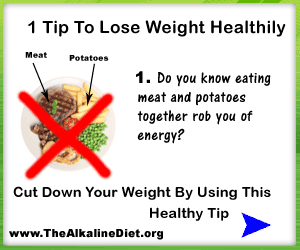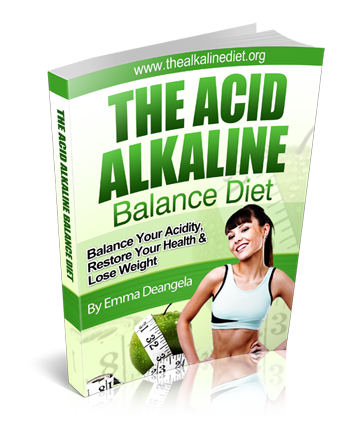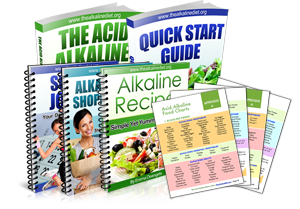The Benefits of Peanut Butter - It’s healthy, filling, and can be a dieter's best friend
June 03, 2017
Foodviki
Tweet
Follow
Tweet


Foodviki
TweetFollowTweet




Peanut butter has a special place in my
heart, and I'm confident I'm not the only one. Peanuts are not nuts at all, but
legumes. Peanut butter offers a nutrient-rich addition to your snacks, meals
and desserts. As a protein-rich food, when you eat peanut butter you feel
fuller for longer. Additionally the protein is also good for building and
repairing muscles, which is especially important if you work out a it.
Good for muscles and nerves - Magnesium
is an essential mineral that powers more than 300 biochemical reactions in the
body. Peanut butter is high in magnesium: About 12% of your RDA in one serving.
That means PB can assist in body-temperature regulation, detoxification, energy
production, the formation of strong bones and teeth, and maintenance of a
healthy nervous system
It's packed with nutrition-A serving of
peanut butter has 3 mg of the powerful antioxidant vitamin E, 49 mg of
bone-building magnesium, 208 mg of muscle-friendly potassium, and 0.17 mg of
immunity-boosting vitamin B6. Research shows that eating peanuts can decrease
your risk of heart disease, diabetes, and other chronic health conditions. One
study published in the Journal of the American Medical Association found that
consuming 1 ounce of nuts or peanut butter (about 2 tablespoons) at least 5
days a week can lower the risk of developing diabetes by almost 30%.
Eating peanut butter may help
reduce risk of developing diabetes - Jacobson cites a study published in the
Journal of the American Medical Association which found that consuming 1 ounce
of nut or peanut butter (about 2 tablespoons) at least five days a week can
lower the risk of developing diabetes by almost 30%. You know what else can
ward off diabetes? Tea! Learn which brews are best for your waistline and your
health in the The 7-Day Flat-Belly Tea Cleanse! Test panelists lost up 10 to
pounds in one week!
Fiber-A 2-tablespoon
serving of peanut butter contains about 2 grams of dietary fiber. While not the
most fiber-rich of foods, peanut butter can help supplement your fiber intake
from other foods. Fiber helps regulate your digestive system by promoting
healthy bowel movements, and, like protein, fiber keeps your hunger at bay
between meals. The fiber in peanut butter also fights heart disease, type 2 diabetic
and obesity.
Energy Booster-As already
discussed, peanut butter contains good amounts of healthy fats and protein.
This means it contains plenty of calories that will give you lots of energy for
your activities. Again, perfect for a morning meal as it gives you an energy
hit for the day.
Help you fight the effects of
stress - “Eating peanut butter may help you fight
the effects of stress,” says Jacobson. PB contains beta-sitosterol, a plant
sterol. In studies involving endurance athletes, beta-sitosterol was shown to
normalize high cortisol levels and bring them back into balance with other
hormones during times of stress. Beta-sitosterol can also help improve
immunity.
How to Buy the Right Peanut Butter
Of course all peanut butters aren’t made
alike so you should shop with care. Don’t just go by the percentage of fat.
This will be fairly similar across most brands and is not the best indication
of whether a peanut butter is good for you. Here are some quick little tips to
help you make a decision.
• All natural peanut butter is a good choice
if you want to minimize your intake of unhealthy fats. Natural nut butters
usually have peanuts as their main ingredient while others (non-natural) can
sometimes contain other artificial ingredients to enhance the taste.
• The sugar content on the peanut butter
should be a decisive factor. Commercial peanut butter brands can sometimes have
up to 250 mg (per tablespoon) more sugar than natural brands. The sugar however
contributes greatly to flavor so if you’re using the peanut butter to cook
with, then a little more sugar can be better.
• Look out for the sodium content on the
ingredients list at the back of your jar of peanut butter. Again, natural
brands usually have less sodium. Too much sodium can also mask the nutty
flavor.
Natural peanut butters are a better option
however if you’re unable to find a natural option or find the organic nut
butters too expensive, don’t stress. If you’re eating only 2 tablespoons of
peanut butter a day, a commercial brand peanut butter with slightly more salt
and sugar isn’t going to be the end of the world.
So since there are so many health benefits of
peanut butter, does it mean you should eat several spoons full of peanut butter
straight out of the jar every day? Absolutely not!
What this means is, peanut butter should be a
part of your diet and feel free to include one or two tablespoons of it as part
of your daily meals. It is perfect on crackers as a snack and will give you a
good hit of protein too.























0 comments